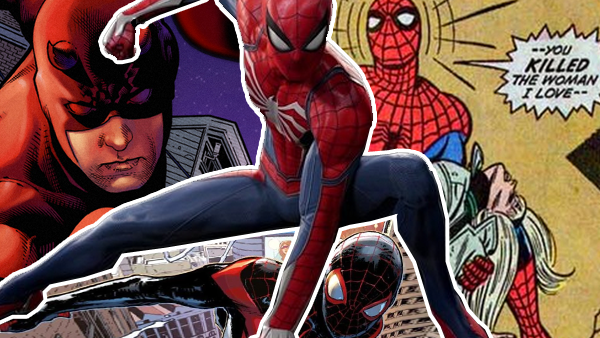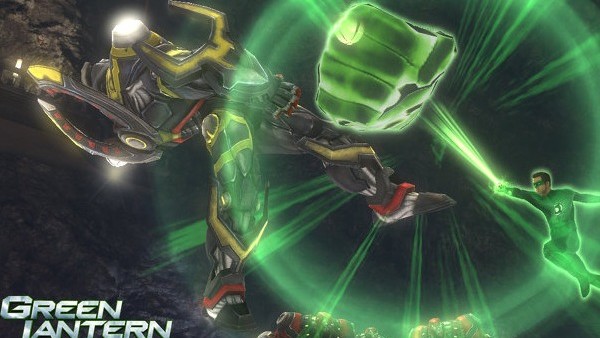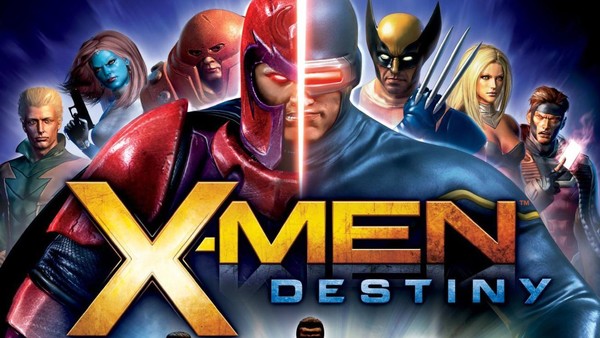Why Are Superhero Video Games Almost Impossible To Pull Off?
Developer Demons

Licensing has arguably been the biggest bane to the existence of not just superhero games but comic book media in general. Heck, here we all thought Disney’s recent acquisition of Fox would lead to a crossover frenzy between the super groups we’ve all wanted to see intertwine for years now, only for Marvel Studios co-president Kevin Feige to swiftly kill our geek-ons, telling Vulture’s Kyle Buchanan that’s a long way from happening.
Who’s ready for a crossover or seven!? Not the Marvel honcho, that’s for sure:
“There’s been no communication. We’re not thinking about it. We’re focusing on everything we’ve already announced. If and when the deal actually happens, we’ll start to think more about it. Until then, we have a lot to do.”
See what we mean?
And you better believe the same applies to the video game world, where only one, maybe two developers will get the contract to produce a certain title, and if they’re not the right ones for the job - well, anyone who played Activision’s Amazing Spider-Man 2 can vouch even the big guns get these things wrong.
Revisiting the Batman: Arkham series, which Rocksteady has been responsible for crafting since the original Arkham Asylum in 2009, we can see an example of one studio getting things right and being handed the reins to keep running with it. On the other hand, it hurts to see when these games go awry, like when Double Helix and Griptonite tag-teamed for 2011’s Green Lantern: Rise of the Manhunters.

I’m Hal Jordan. My powers are quite literally limited only by my imagination, and you’re going to keep me down to a minuscule talent tree with a dozen or so attacks while making me walk around a linear map, with only the odd button-command special to break up the endless combos? Yeah, right...
Passion is what yields a great product, and all too often the end products we’ve been given until now display an air of complacency about them - “why take time creating this when we know you’ll buy it anyway?”
Take 2011’s Captain America: Super Soldier, a game based around one of Marvel’s most famous characters, boasting as rich a back story as any other and one Avenger upon whom you could truly base a successful combat title. But the story was dull, and the combat was just “good.”
Not sufficient proof to the nonchalant attitude of some developers? How about X-Men: Destiny, also released seven years ago, a game that had no fewer than eight X-characters on the front cover.
Did we get to play as even one of them? Did we heck.

The fault of course more than partly lies with Marvel and DC themselves, who should, ideally, sign off on these developers using their intellectual properties before they can go about producing them.
Quality and not quantity should be paramount when it comes to games, but superhero games - arguably more than any other - have pre-existing fanbases that all have a high bar in terms of what they want to see and experience.
The big two (Marvel and DC), should screen developers and their intentions properly to ensure the end goal isn’t garbage, but in a world where cash talks, mo’ games means mo’ money, and taking one’s time to perfect the piece just isn’t as sexy.